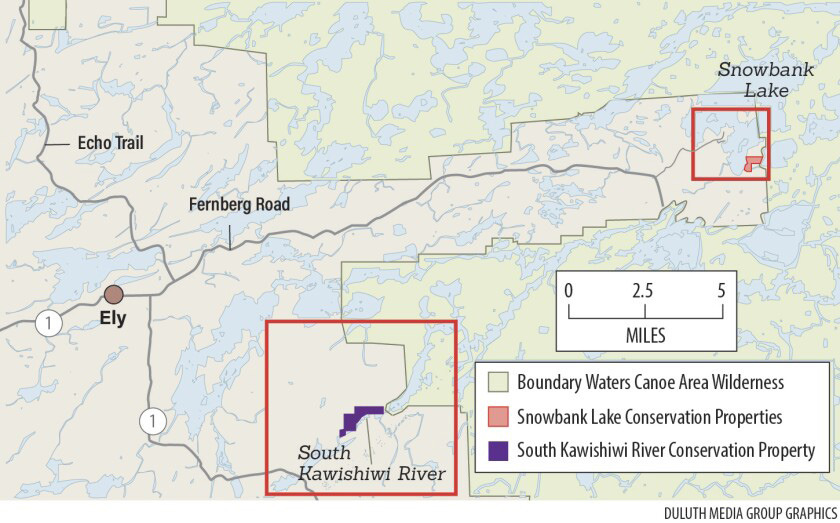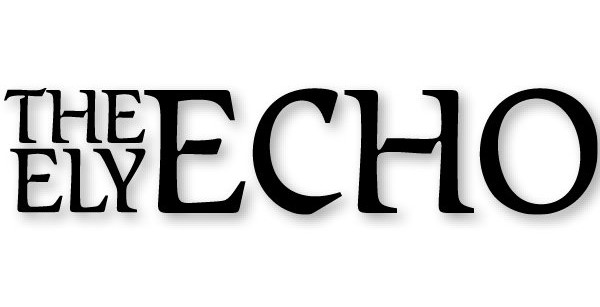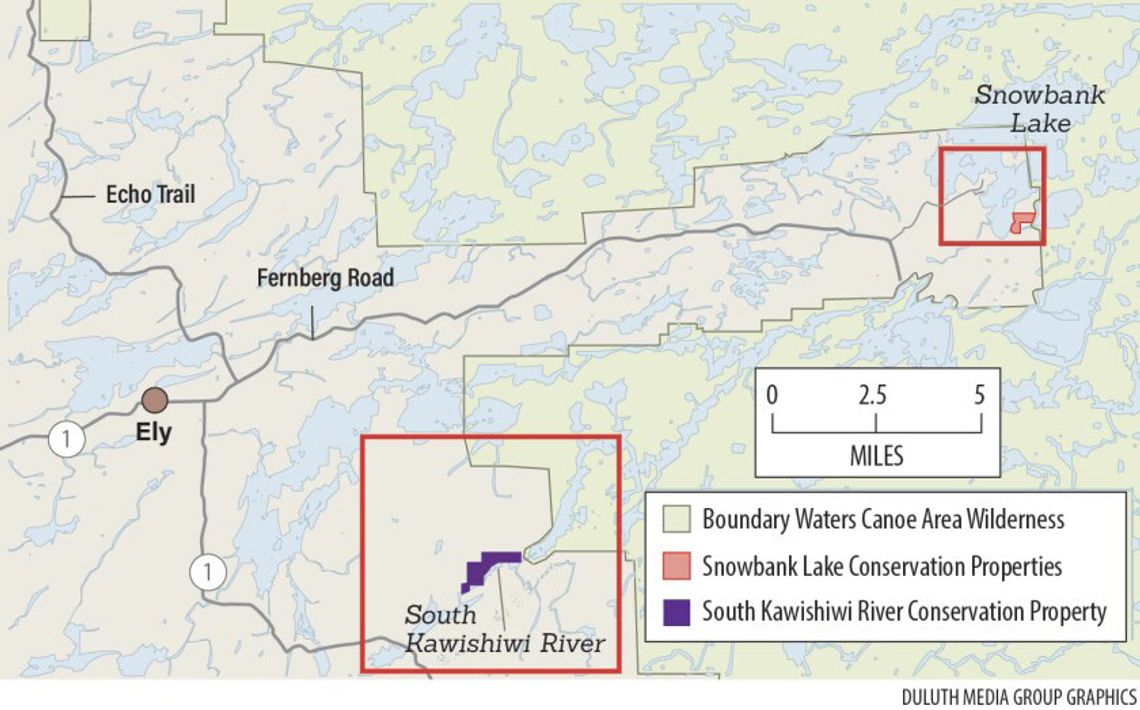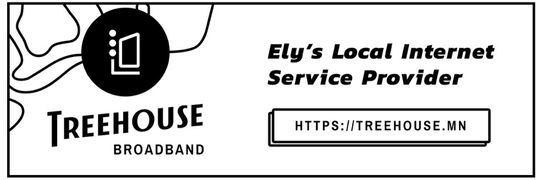ELY — A group known more for battling in courtrooms and the halls of Congress has moved into the real estate market.
The Friends of the Boundary Waters Wilderness plans to buy private land adjacent to the BWCAW to keep it wild and undeveloped.
The group is expected to close in June on the $875,000 purchase of 361 acres on the South Kawishiwi River, including more than 2 miles of waterfront property, after a successful fundraising effort over the winter and spring. More than 200 people donated in April alone.
This year’s purchase comes after the group’s 2022 acquisition of 80 acres on Snowbank Lake, including 3,500 feet of waterfront property.
Both parcels, just outside the BWCAW, were owned by the same family and could have been sold for development as recreational property.
“These were two of the properties that the Forest Service agreed would be on the top of their list,” said Chris Knopf, executive director of the Friends of the Boundary Waters Wilderness. “Just because of how much undeveloped waterfront they have, their position just outside the wilderness and their wildlife habitat, these properties were important for us to prioritize for conservation. ... We look at this as an addition to the Boundary Waters.”
The river property is near the Voyageur Outward Bound campus and adjacent to land, also just outside the wilderness, owned by Twin Metals, the Chilean-owned company working to develop a copper-nickel mine along the Kawishiwi.
Knopf said the newly acquired lands will be open to the public on their way in and out of the BWCAW. The Friends group intends to pay property taxes to keep funding local governments, even though the group is a tax-exempt nonprofit.
While the Friends established its Edge of the Wilderness Fund for land conservation nearly 40 years ago, intended to buy prime conservation properties adjacent to the BWCAW, this is the first time the group has bought land to keep it.
Friends of the Boundary Waters Wilderness in years past aided other conservation groups, like the Trust for Public Land and the Nature Conservancy, to buy private tracts just outside the BWCAW and hold them until the Forest Service had the funds to buy and add them into the official wilderness. That included the famous Chainsaw Sisters Saloon property on Murdo Lake off the Echo Trail bought by the conservation groups in 2006 and then sold to the Forest Service in 2009.
But Knopf said the Forest Service no longer has the money or the authority to buy private land and that a divided Congress appears unwilling to fund expanded wilderness areas even if there are willing sellers.
“As it stands right now, they can’t even accept a donation of private land,” Knopf said, “so we will be holding on to the title of these properties and managing it for recreation and for forest resilience against fire and climate change.”
Knopf said the group may add primitive campsites to the water-access only properties that could be used in its ongoing efforts to attract students and other newcomers into the wilderness.
The Friends group formed in 1976, two years before the BWCAW act passed in 1978 formally designating the current wilderness boundaries, and has been trying to enhance wilderness qualities to the 1.1 million-acre BWCAW ever since.
That effort at first meant lobbying Congress to permanently protect the area and, after that happened, battling in courtrooms to uphold the law. At first, that meant a nearly constant struggle over logging, motorboats and motorized portages in the wilderness.
The effort for the past decade has expanded to working against proposed copper-nickel mining just outside the BWCAW boundaries but within the same watershed.












